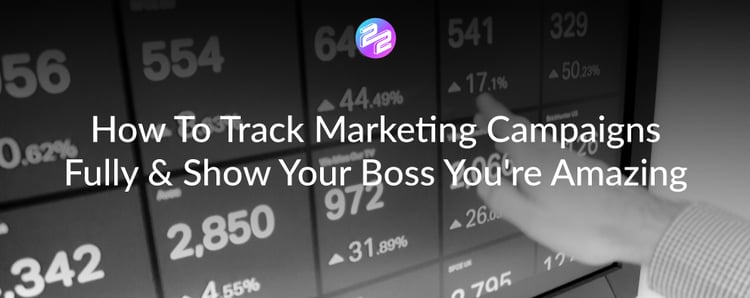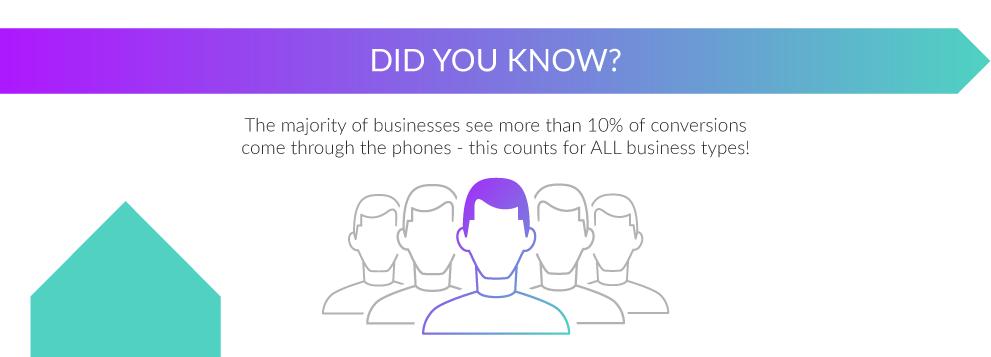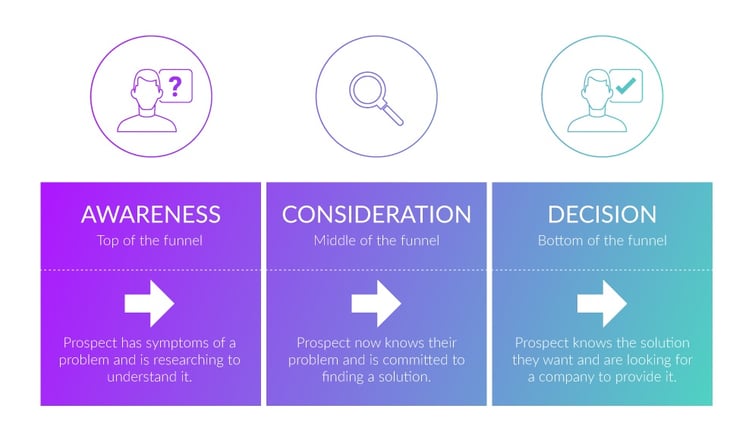Every marketer, at some stage or another, weighs up the pros and cons of outsourcing their company...
Here's how to track marketing campaigns fully and conclusively. Make sure you highlight the right data, prove your campaign's worth and keep being allowed to go from strength to strength.

Before setting up my own agency, I sometimes struggled to quantify and prove to my bosses just what kind of results I was achieving. I was working hard and getting the right results but, for a while, struggled to prove it. It was because I didn't fully understand how to track marketing performance for the finer details.
If you're in the same position, here's a few tips to help make sure your boss knows you're doing an amazing marketing job.
Loosely speaking, you first need to track EVERYTHING. And this section includes some advice on how to fully track calls and assisted conversions. Secondly, you need to report on revenue, even if you aren't an e-commerce business.

Let's get started and see how to make sure your boss knows you're doing an amazing marketing job.
First: Track EVERYTHING
One of the advantages of digital marketing over traditional is your ability to track effectiveness. If you're not tracking everything you do as part of your work, you might be selling yourself short.
In terms of vanity, you might not get the personal recognition you deserve, but on the professional/business side of things, it might mean you end up seeing budgets reduced for future campaigns. This will only make your future work twice as hard and impact your results.
Make sure you track everything you possibly can so that you can justify that it's your campaigns that brought those results. It's not about shouting about how good you are - it's about making sure the business recognises your work and can keep funding it going forward, trusting you to deliver results.
Most marketers cover the basics when it comes to tracking: e-commerce sales, contact form submissions, elements of social media performance... but you really need to go beyond this.
The two that I see being least commonly used, but which are very powerful, are Call Tracking and Assisted Conversions.
Call Tracking
The majority of businesses see more than 10% of conversions come through the phones. This counts for all business types. Even in this increasingly digital age, people do still like picking up the phone, especially if a potentially big or complex purchase is involved.

Anyway, this just highlights why you need to be tracking the source of every call and placing that data into your analytics so you can report on it like you would any other lead. This helps give you a true representation of your channel performance, cost per conversion and lead rate.
If you want some advice about which software to use (and how to use it) get in touch.
Assisted Conversions
Some marketing channels don't lend themselves to the final conversion of a customer. Things like social media posts, generic search visits and display ads all fall into this bracket.
For example, somebody might see your latest tweet and be prompted to email you or pick up the phone. They might have first found your site a few weeks ago via organic search, added you to their to-do list and got in touch today after some further research. Or a display ad seen whilst completing another task at home might lead to contact being made the next day.
And so on.

To see the real value of these kinds of channels, you need to see where they are assisting in the buyer's journey. Then you can see the "hidden value" they have when it comes to converting people into becoming customers.
A tool to get a basic visualisation on this is provided by Google. Check it out here.

Second: Report On Revenue
Your boss has targets. Those targets are likely related to revenue, so it’s vital in proving your worth to report on what is important to them when deciding on how to track marketing campaigns.
This can be tricky if you're not an e-commerce business, but with the right tools, it’s possible (we do it for all our clients as that’s the only way to show we add value as an agency).
With the tracking in place you sometimes only need to add a sales CRM to get the full picture and be able to report on revenue.
HubSpot provides a free one which is first class and we use it ourselves: See here.
HubSpot's One Great Tool - How About Some More?
Just in case you haven't yet looked into HubSpot, it's the world's leading inbound marketing software and the one we use. The wide range of features it has makes it perfect for executing, analysing and improving all aspects of inbound marketing.
But we use some other tools too. And we're happy to let you use our templates. Download some planning sheets, research templates and other useful tool to make sure your next campaign gets off on the right foot...


